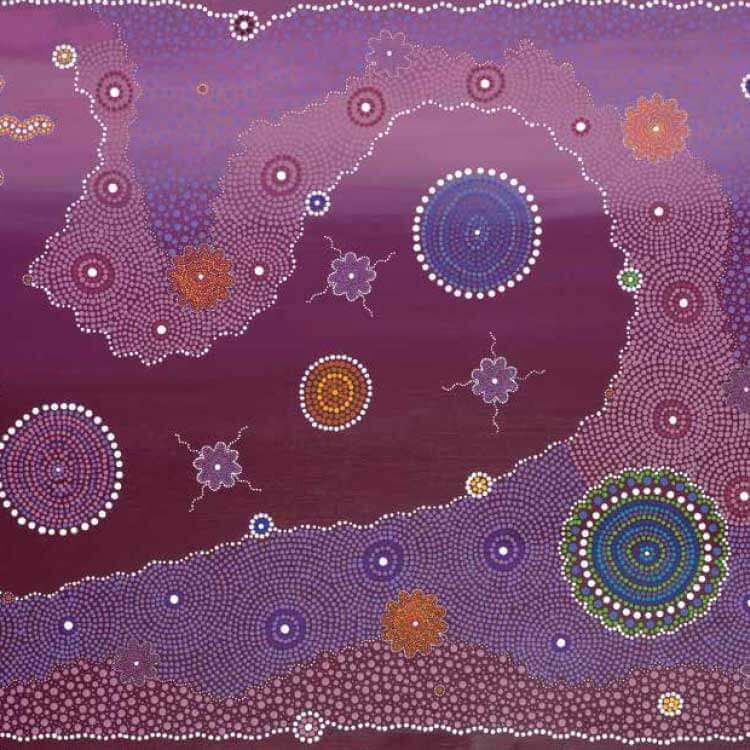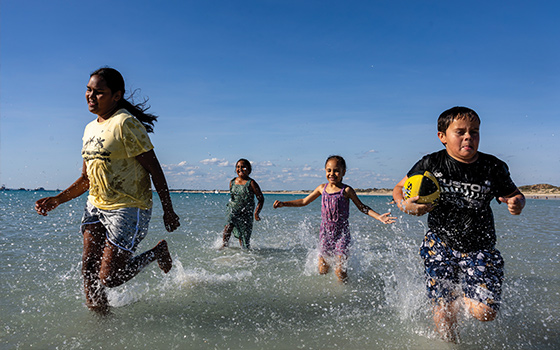Search
Research
BEACHES: Built Environments and Child Health in WalEs and AuStraliaThe BEACHES project aims to provide high quality evidence of aspects of the built environment which can be modified to reduce the negative impact on children’s physical activity, eating behaviours and weight status.

Research
Working Together Second EditionThis 2nd edition is intended for staff and students and all health practitioners working in areas that support Indigenous mental health and wellbeing.

Research Theme
First Nations Health and EquityAboriginal health is everyone's business. The needs of Aboriginal and Torres Strait Islander families and kids is integrated into all relevant areas of our work. Improving the health and wellbeing of Aboriginal and Torres Strait Islander kids and families is an overarching priority for every team at The Kids.

WAACHS was the largest and most comprehensive survey ever undertaken into the health, wellbeing & development of WA Aboriginal and Torres Strait Islander kids
Improving the educational experiences of Aboriginal children and young people
Research
Growth patterns in individuals with CDKL5 deficiency disorderAim: To compare growth in individuals with cyclin-dependent kinase-like 5 (CDKL5) deficiency disorder with population norms and to investigate the effect of gastrostomy on growth.
Research
Thriving families: The feasibility and preliminary efficacy of a multi-component physical literacy program for children with neurodevelopmental, emotional, or behavioural problemsChildren with neurodevelopmental, emotional, or behavioural challenges participate in lower levels of physical activity (PA) and subsequently have poorer physical and mental health outcomes. We sought to determine the feasibility and preliminary efficacy of a multi-component physical literacy program for children with neurodevelopmental, emotional, or behavioural challenges.
Research
Contemporary pathways to adolescent pregnancy in Indonesia: A qualitative investigation with adolescent girls in West Java and Central SulawesiIn the last decade, reduction in adolescent fertility rates in Indonesia has slowed despite national programmes and policies focused on addressing child marriage. Indonesia currently has the highest number of births to adolescent girls aged 15-19 years in Southeast Asia. There is a need to develop a more nuanced understanding of the drivers of adolescent pregnancy in Indonesia to inform programmes and policies tailored to young people's needs and priorities.
Research
2023 World Heart Federation guidelines for the echocardiographic diagnosis of rheumatic heart diseaseRheumatic heart disease (RHD) is an important and preventable cause of morbidity and mortality among children and young adults in low-income and middle-income countries, as well as among certain at-risk populations living in high-income countries. The 2012 World Heart Federation echocardiographic criteria provided a standardized approach for the identification of RHD and facilitated an improvement in early case detection.
